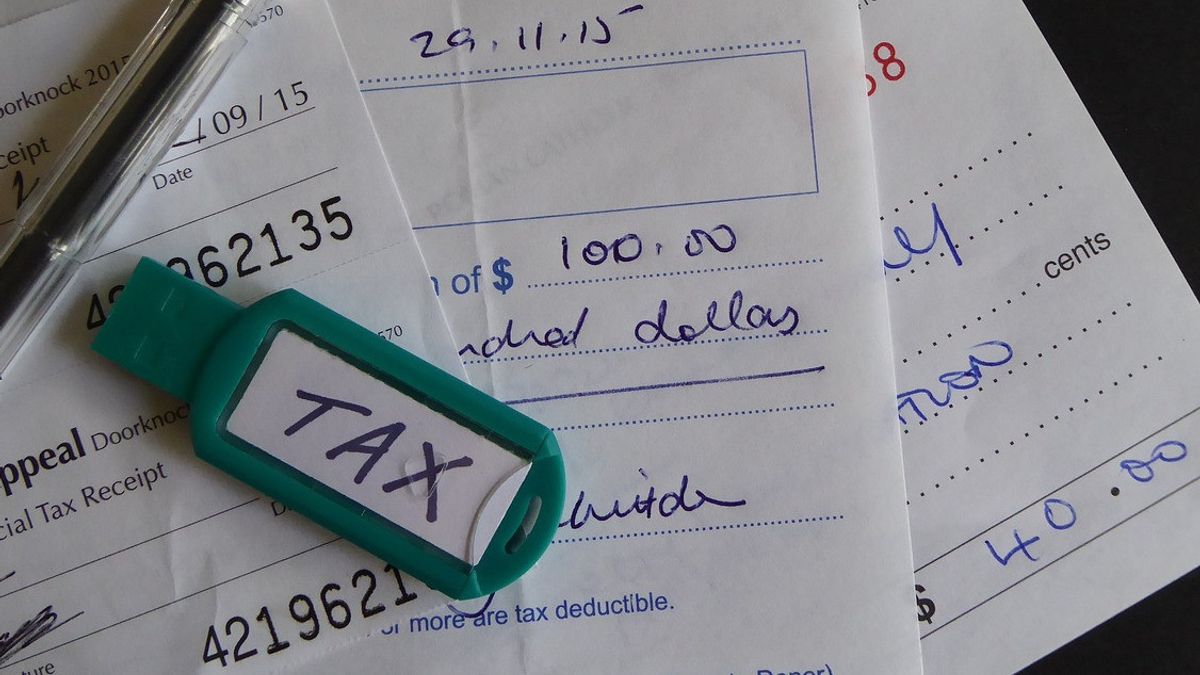YOGYAKARTA Certain entertainment tax tariff limits, such as discotheque services, karaoke, nightclubs, bars, and steam/spa baths have officially experienced adjustments. Based on the Central Government and Regional Government Financial Relations Act (HKPD), the minimum limit for entertainment tax rates is set at 40 percent and a maximum of 75 percent. So, which areas have applied the 40-75 percent entertainment tax? Let's look at the full information below.
For information, Law Number 1 of 2022 concerning Financial Relations between the Central Government and the Regional Government (UU HKPD) was promulgated on January 5, 2022. This law will take effect on January 5, 2024, or two years from the date of promulgation.
However, before the regulation was implemented, a number of regions had actually imposed entertainment taxes at a rate of 40-75 percent. This determination was made in accordance with the provisions of Law Number 28 of 2009 concerning Regional Taxes and Regional Retribution.
According to Law Number 29 of 2009, entertainment tax rates for discotheque services, karaoke, nightclubs, bars, and steam/spa baths have been set at a maximum of 75 percent. However, there is no lower limit. This means that local governments can apply certain entertainment tax rates as low as possible.
Based on records from the Coordinating Ministry for Economic Affairs, there are a number of regions that have set entertainment tax rates with a range of 40-75 percent.
Regions that have set certain entertainment tax rates at 40 percent, namely:
Furthermore, areas that have set certain entertainment tax rates are 50 percent, including:
Finally, areas that have set certain entertainment tax rates are 75 percent, namely:
Entertainment tax is a type of tax collected by district/city governments, whose taxes are paid by consumers so that business actors only collect taxes that have been set. This type of tax is classified as a tax on certain goods and services (PBJT).
The amount of the latest entertainment tax received quite a strong protest from business actors. This is because the minimum tariff of certain entertainment taxes of 40 percent is considered to have a negative impact on the recovery of the tourism sector.
However, the government thinks that the tourism sector, especially entertainment, has actually recovered since being significantly affected by the COVID-19 pandemic.
Coordinating Minister for Economic Affairs Airlangga Hartarto said that the recovery of the entertainment sector was seen from entertainment tax payments which grew 41.4 percent to 2.01 trillion as of November 2023.
"Pascapandemic the tourism sector is starting to grow, one of which can be seen from the increasing Regional Taxes related to Tourism. Therefore, we need to encourage the development of this tourism sector which has contributed quite a lot to GDP and the provision of employment opportunities," said Airlangga in a written statement, Sunday, January 21, 2024.
SEE ALSO:
Even though certain entertainment tax rates have been adjusted, the government promised to provide fiscal incentives.
This fiscal incentive can be given by the Regional Head with considerations to support and protect micro and ultra micro enterprises, support the policy of achieving regional priority programs or national priority programs.
The provision of fiscal incentives is stipulated through the Regional Head Regulation (Perkada) by notifying the DPRD. With the regulatory room in Article 101 of the HKPD Law, the Regent/Mayor can set a tariff lower than 75 percent or even lower than the minimum limit of 40 percent.
"The application of fiscal incentives is carried out according to regional characteristics, with cultural considerations and the application of Islamic law (such as in Aceh), so that some regions can continue the existing tax rates, while tourism-based areas can set tariffs as previously tax rates," said Airlangga.
This is information about regions that have applied a tax rate of 40-75 percent. Get news updates of other options only on VOI.ID.
The English, Chinese, Japanese, Arabic, and French versions are automatically generated by the AI. So there may still be inaccuracies in translating, please always see Indonesian as our main language. (system supported by DigitalSiber.id)













